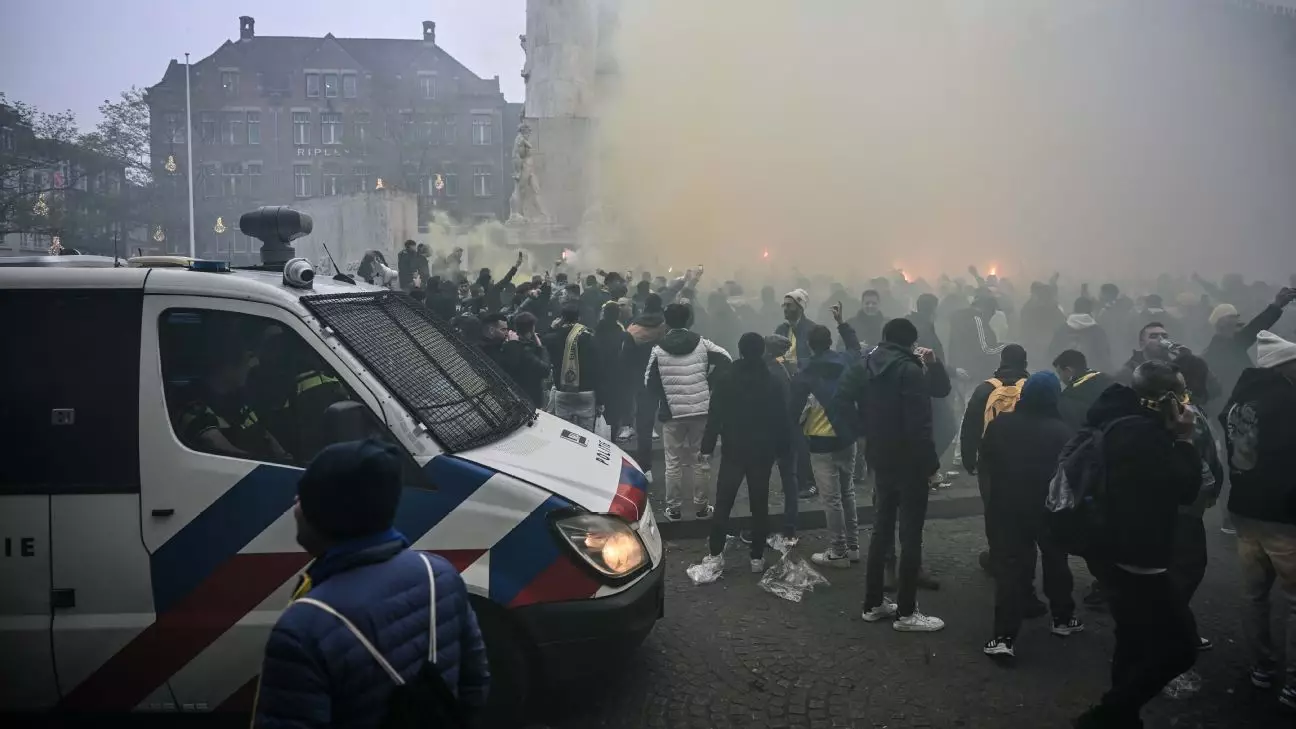The upcoming Nations League soccer match between France and Israel at the Stade de France has sparked much discussion surrounding its low expected attendance, as defender Dayot Upamecano articulated recently. With forecasts indicating that only 20,000 fans may turn up for a stadium that can accommodate 80,000, it raises questions about the sociopolitical climate affecting sporting events today. The match comes on the heels of heightened tensions in both the region and European cities, which may discourage attendance.
A conspicuous security presence surrounding the event reflects the potential risks associated with the match. Over 4,000 law enforcement officials will be deployed, underscoring the seriousness of the situation, especially following recent violence towards Israeli fans in Amsterdam. During an Europa League match, supporters of Maccabi Tel Aviv faced aggression that led to injuries, amplifying fears about possible unrest. In a preemptive response, Israeli authorities recommended that citizens avoid international events that might attract demonstrations, further dampening enthusiasm for traveling to France.
Public Sentiment and Boycotts
The sentiments of the general public further complicate the atmosphere. A recent survey by the supporters’ group Les Irreductibles Français revealed that 15% of French fans would actively boycott the match due to the current conflict between Israel and Gaza. Additionally, safety concerns were cited by 30% of respondents, emphasizing how geopolitical issues transcend the realm of sports. The practicalities of attendance, such as scheduling conflicts, were also highlighted by another 34%, indicating that the intersection of sport and personal circumstances plays a significant role in fan engagement.
Player Perspectives
For players like Upamecano, the focus remains steadfast on the game itself, regardless of external turmoil. He acknowledged the personal decisions fans must make regarding attendance and expressed a desire to remain uninfluenced by the unrest occurring elsewhere. His comments reflect a broader sentiment in which athletes grapple with the realities of their environments while striving to maintain a sense of normalcy and dedication to their sport.
This match is not merely a sporting event but a reflection of the pressing social challenges facing Europe today. The decision to hold the match in the given circumstances can be viewed through various lenses: the integrity of sporting traditions, the importance of fan safety, and the overarching desire for peace in a world rife with conflict. As France navigates these complexities, one can hope for a future where such sporting events can unite rather than divide.
This scenario underlines a compelling notion—that sports have the potential to bridge divides but are also vulnerable to the socio-political realities that permeate them. The precarious balance between sporting celebration and societal challenges continues to evolve in contemporary times, making every match much more than a simple game.

Leave a Reply